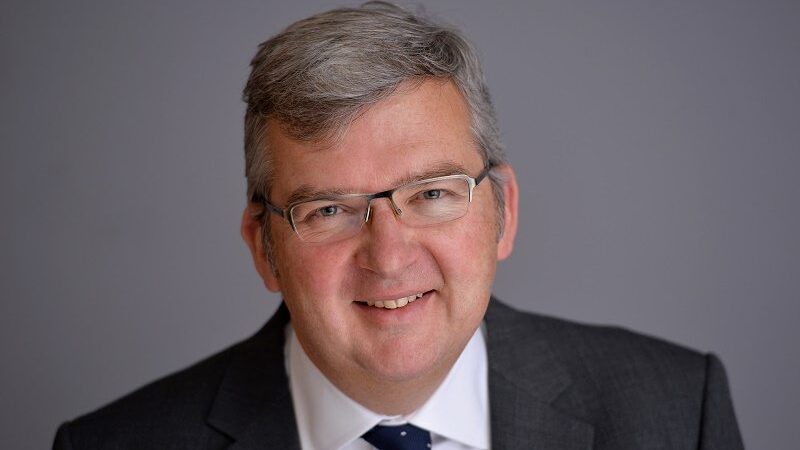Set against a background in which the sources of investment risk and return are altering, John Husselbee, head of multi asset at Liontrust, is looking at a future rebalancing of the group’s portfolios.
According to the latest Bank of America Merrill Lynch global fund manager survey, a record net 73% of investors expect the global economy to weaken over the coming year and stagflation fears are at their highest since 2008.
At the same time, Husselbee (pictured) noted that predictions from economists at the World Bank suggest the slowdown in global economic growth between 2021 and 2024 is on course to be twice that of the “stagflation-blighted” period between 1976 and 1979.
“The World Bank said subdued growth is likely to persist throughout the 2020s because of weak investment in most of the world and even if a global recession is averted, the pain of stagflation could persist for several years – unless major supply increases are set in motion,” said Husselbee.
“Against this backdrop, the UK looks set to be a particular lowlight,” he added. “OECD figures suggest GDP is expected to stagnate in 2023 amid persistent supply chain shortages and rising inflation, with only Russia in worse shape in the G20.”
See also: Should investors prep for rerun of 1970’s-style stagflation?
Portfolio rebalancing
Despite this pervasive gloom, Husselbee said one thing investors should consider is that the idea of a “global” slowdown only goes so far.
“In reality, the three largest economic blocs – the US, eurozone and China – face very different challenges in nature and scope, which will have implications for both any downturn and subsequent recovery,” he said.
For Husselbee this suggests the coming decade is likely to be very different from the last one in terms of sources of investment risk and return. Taking this into account, he said the Liontrust team is looking at rebalancing the portfolios.
“Shorter term, with stocks having derated so far, pricing in aggressive policy tightening, we see a buying opportunity in markets; as ever, however, we will take a patient approach as we move towards our target asset allocation,” he said.
“UK equities remain cheap and even the S&P 500, long the poster child of overpriced tech giants, is trading slightly below its 10-year average after recent selling, at around 16 times forward earnings,” he added.
Volatility ahead
Indeed while talk of bear markets is becoming “increasingly frantic”, Husselbee said there are a number of things investors still need to contemplate.
“We may already be more than halfway through the decline, which tends to last nine to 12 months,” he said.
“While the average peak to trough of 30% to 40% suggests more room to fall for the S&P 500, for example, most bear periods also include sharp short-term reversals so attempting to move in and out is as ill-advised as ever.”
Despite predicting that the summer months, and beyond, will likely remain volatile, Husselbee is of the view that, post-corrections, markets should move beyond indiscriminate selling and focus more on what the earnings cycle is actually telling them.
“This is typically an environment where our favoured active managers can prove their worth in assessing how inflation is affecting companies around the world and which are best placed to thrive,” he said.
This article first appeared on our sister title International Adviser










